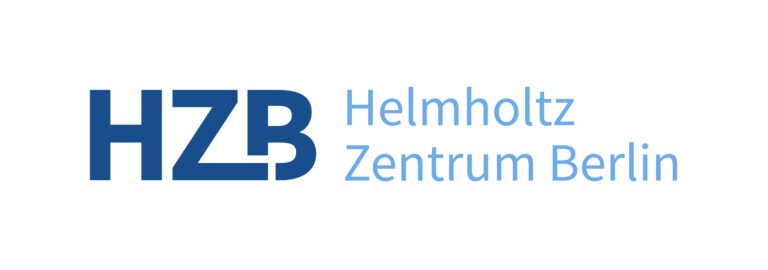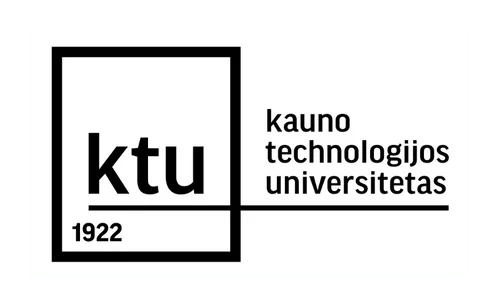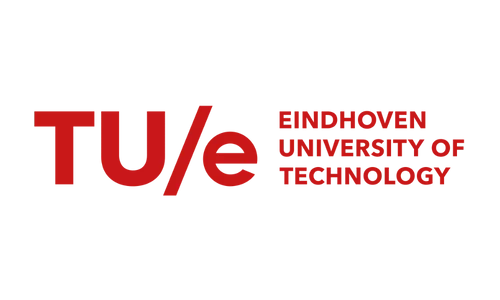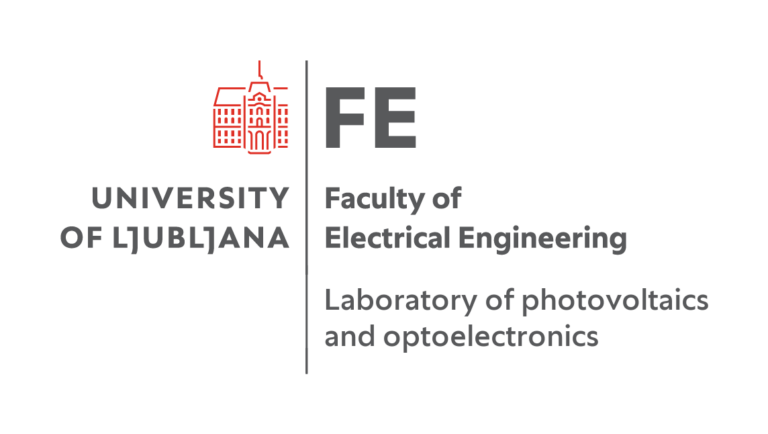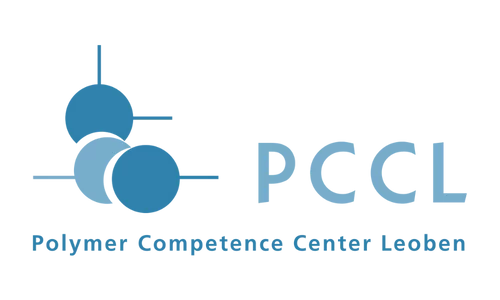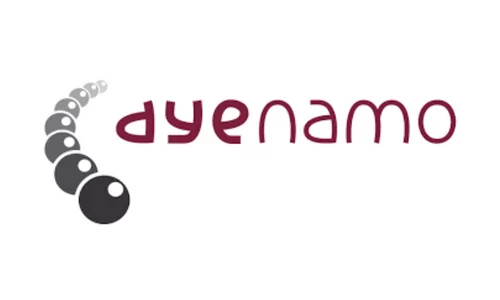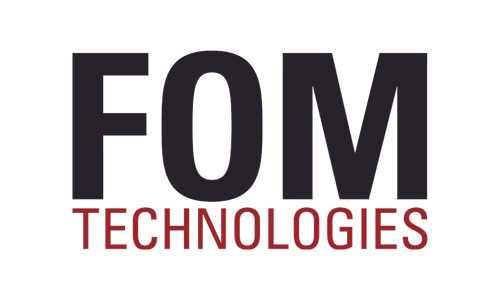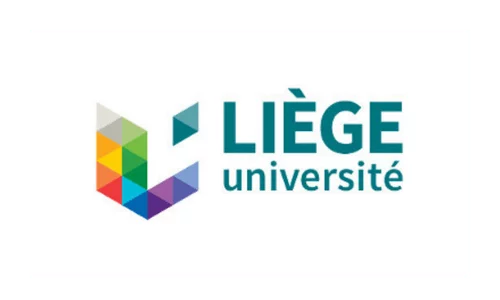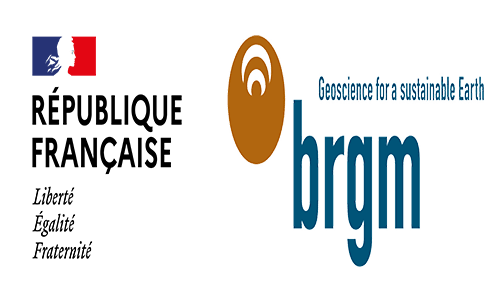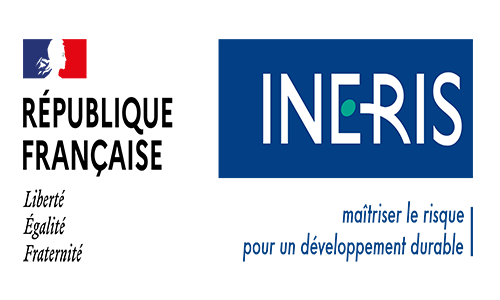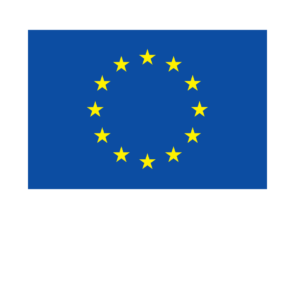- Meet PEPPERONI partners
In PEPPERONI, a total of about 80 researchers are working at organisations across Europe to realise the ambitious goals of the project and establish a solid European innovation. We strive for a gender balance with a starting point of 40% female researchers involved in PEPPERONI.
QCELLS is one of the world’s leading clean energy companies, recognized for its established reputation as a manufacturer of high-performance, high-quality solar cells and modules, a portfolio of intelligent storage systems, and a growing international pipeline of large-scale renewable energy projects. With more than 600 employees in Germany, Hanwha QCELLS GmbH (QC) operates at the core of QCELLS’s global solar business. In PEPPERONI, QCELLS leads the technology development and will feature innovative equipment, processes and materials to advance industrial-type tandem cells and modules. QCELLS will lead the establishment of a pilot line at the European headquarters in Thalheim, Germany to address the barriers to tandem solar technology’s market introduction, and ultimately lay the foundations for new production capacity in Europe.
Helmholtz-Zentrum Berlin für Materialien und Energie (HZB) explores solutions for a climate-neutral society. Researchers are developing and optimising efficient and cost-effective materials for solar cells, batteries and catalysts. These energy materials are essential components for achieving a CO2-neutral and secure energy supply. With HZB’s X-ray source, BESSY II researchers study the structure and function of various materials, such as energy materials. In particular, metal halide perovskite-based solar cells are in the focus of R&D. Several groups investigate materials, processes and up-scaling in order to provide a future solar cell technology being high-performing, stable and sustainable. In PEPPERONI HZB will focus on the integration of processes for perovskite/silicon tandem cells, leading this work package and contributing to work on encapsulation and outdoor monitoring of such cells and modules. HZB is coordinating the PEPPERONI project jointly with Qcells.
CSEM is a Swiss technology innovation centre developing advanced technologies with a high societal impact, which it then transfers to industry to strengthen the economy. The non-profit-orientated, public-private organisation is internationally recognised and works to support the disruptive activities of companies in Switzerland and abroad. CSEM operates in the domains of precision manufacturing, digitalisation, and sustainable energy. More specifically, through its sustainable energy activities, CSEM provides a full range of services to partners, ranging from technology development to product prototyping, including the realization of full-size demonstration systems. CSEM’s infrastructure includes speciality systems for thin-film coating, patterning, printing, fabrication processes, and pilot manufacturing lines – from wafer etching up to the assembly of fully functional PV modules and systems.
Kaunas University of Technology (KTU) is a leading Lithuanian university providing a wide range of studies and research and closely cooperating with businesses. KTU originates from the University of Lithuania founded in Kaunas on 16 February 1922. KTU is one of the largest technical universities in the Baltic States. Being an interdisciplinary university, that develops and transfers new knowledge and innovations, KTU constantly strengthens its positions at the international level due to the continued successful cooperation with recognized foreign research and study institutions and businesses. In PEPPERONI, Prof. Vytautas Getautis’ research group at the Department of Organic Chemistry will lead the research efforts towards improvement and scalability of materials, focusing on synthesis and methodology for the production of the self-assembled hole- and electron-transporting materials.
The Plasma & Materials Processing group of the Physics Department of the Eindhoven University of Technology (TUE) is renowned in the field of atomic scale processing, with a particular emphasis on atomic layer deposition (ALD) and spatial ALD. Spanning the full value chain from studying ALD fundamentals to film properties, reactor design as well as industrial applications, the Plasma & Materials Processing group has collected leading expertise in the field of ALD thin films for silicon, CIGS and metal halide perovskite cells, as well as their combination for tandem photovoltaics. This expertise includes surface passivation layers, carrier-selective contacts, metal oxide transport layers, transparent conductive oxides as well as tunnel recombination junctions. In PEPPERONI, TU/e will explore and develop ALD electron and hole transport layers for the perovskite top cell, as well as investigate key processing aspects and material properties when comparing batch with spatial ALD.
Laboratory of Photovoltaics and Optoelectronics as a part of the University of Ljubljana is the largest and central Slovenian research group in Photovoltaics. Its research activities are focused mainly on optical and electrical characterization and modelling of high-efficiency and reliable silicon, perovskite and tandem PV devices, ranging from sub-cell level and laboratory-scale devices to full-sized wafers, modules and PV systems under laboratory conditions as well as during in-field operation. Within PEPPERONI, the University of Ljubljana will support the characterization and modelling of proposed tandem devices. Additionally, the team will lead the reliability and outdoor monitoring segment of the project to study the degradation mechanisms of proposed modules and establish an energy yield forecasting model based on outdoor performance data.
The Polymer Competence Center Leoben GmbH (PCCL) is the leading Austrian “Center of Excellence” for cooperative research in the area of polymer engineering and sciences. Together with the polymer industry and in close cooperation with its scientific partners, 120 highly qualified employees of PCCL are active in the R&D projects in a wide field of applications for plastics ranging from automotive and aircraft, to packaging, and solar and photovoltaic industries. In PEPPERONI, PCCL will work on aspects related to the encapsulation and interconnection of tandem solar cells, focusing on long-term stability.
Dyenamo is a highly specialized chemical company providing state-of-the-art materials for research and industrialization. Since 2011, we manufacture and sell high-quality speciality chemicals in our facilities in Stockholm, Sweden. We pave the way for industry and research organizations to access the latest findings in chemistry-based cleantech energy conversion, particularly for photovoltaic applications. Dyenamo’s role in PEPPERONI is to develop novel perovskite materials and to provide winning perovskite materials, mainly precursor materials and hole transport materials, to the pilot line.
Yparex B.V. (YPA) is a well-known and respected supplier of extrudable tie-layer resins in the European market, with a range of high-tech applications including solar module encapsulants, multilayer barrier packaging film, medical film, multilayer pipe, architectural wall cladding, and wire & cable. The company is known for its innovative resin chemistry, and co-development opportunities, making it a valuable partner in innovative projects. The latest application for this resin technology is as a next-generation, long-life encapsulant for PV systems, providing a replacement for ethyl vinyl acetate (EVA) copolymer. In PEPPERONI, YPAREX will focus on the development and improvement of novel materials for perovskite cells to further upscale the most efficient encapsulant materials and films.
Mondragon Assembly is a European leader in the production of technological equipment for manufacturing solar modules that designs and provides high-tech automated turnkey production lines and machinery for photovoltaic systems. Among other aspects, this has made Mondragon Assembly a valuable technological partner in projects with a focus on automated turnkey lines and services on a global scale. In PEPPERONI, Mondragon Assembly will first define and then develop and install the upgrades at the cell interconnection equipment for the pilot line developed within the project.
Teknisolar is a UK-based organisation with an R&D and manufacturing facility in Italy. Teknisolar’s lamination technology is the only one of its kind on the market offering higher throughput, reduced operating costs, and higher quality. Teknisolars multi-functional laminators can be used for various types of PV modules. Teknisolar designs each and every lamination line to the highest standards of performance and reliability with an approach strongly oriented towards customisation. In PEPPERONI Teknisolar will design a pilot line lamination tool through a series of in-house tests on the perovskite panels to later improve it through implementation on the pilot line.
VON ARDENNE Gmbh develops and manufactures industrial equipment for vacuum coatings on materials such as glass, wafers, metal strips and polymer films. These tools turn modern technologies such as photovoltaics into high-efficiency photovoltaics. The company strive to make good energy saving technology even better with new coating solutions for various applications including architectural and automotive glass, fuel cells and flexible substrates. In PEPPERONI, VON ARDENNE’s work focuses on physical vapour deposition processes, scalable for industrial application and on the development of inline coating equipment for the pilot line.
FOM Technologies started as a “one man band” with a single product in 2012. The company spun out of the prestigious Risø National Laboratory for Sustainable Energy at the Technical University of Denmark (DTU). In the early days, FOM specialised in benchtop roll coaters for organic solar cell research. Today, FOM Technologies offers a diverse range of standardised and customisable tools for a wide variety of R&D applications. In PEPPERONI, FOM will develop tailored manufacturing tools which will be employed in the pilot line for perovskite silicon tandem PV modules.
The only complete public university in French-speaking Belgium, the University of Liège has 11 faculties, located on 4 campuses, gathering more than 28 000 students and above 5600 employees. At ULiège, the PEPs, Products, Environment, and Processes, group belongs to the Chemical Engineering research unit. PEPs consists of about 30 people active in the fields of bio(chemical) reaction engineering, thermal and mechanical unit operations, process design and modelling and sustainable development. Within PEPs, the Life Cycle Assessment (LCA) team consists of 12 researchers supervised by Prof. Angélique Léonard. In PEPPERONI, ULiege-PEPs will use its expertise in eco-design and environmental assessment of processes and products based on life cycle analysis. The objective will be to find ways of producing materials, cells and modules with the lowest impact on the environment, and to contribute to the criticality analysis, in close collaboration with BRGM.
BRGM, the French geological survey, is the leading public institution for Earth Science applications for the management of surface and sub-surface resources with a view to sustainable development. BRGM provides expertise and analysis on mineral materials along their whole value chain, from identifying deposits to developing mineral recycling processes (e.g. urban mining) and analysing mineral raw materials markets. BRGM has a very strong background in criticality and life-cycle assessments for various public and private stakeholders. In PEPPERONI, BRGM will evaluate the criticality of the raw materials needed to fabricate perovskite tandem cells and modules as part of the activities in WP8. The two dimensions of supply risk and vulnerability to supply chains will be investigated through multiple indicators.
INERIS is a public research institute, with industrial and commercial purposes, under the supervision of the French Ministry in charge of the Environment. With a staff of 500 people, the Institute’s mission is to contribute to the assessment and the prevention of accidental and chronic risks caused by economic activities to health, the environment, and the safety of people and goods. The Institute accompanies innovation through upstream prevention of the risks generated by new products, new technologies or processes. In PEPPERONI, INERIS will lead the activities focusing on economic assessment and a broad and interdisciplinary analysis of the societal challenges associated with the large-scale development of tandem PV technologies.
accelopment assists companies, universities and other organisation in EU project management and in the dissemination and exploitation of project results, with primary focus on projects in the energy, ICT, environment and life science sectors as well as in the areas of materials and manufacturing. In PEPPERONI, accelopment leads communication, dissemination and exploitation activities tailored to various target audiences, as well as supporting the coordinator in the smooth project management.


